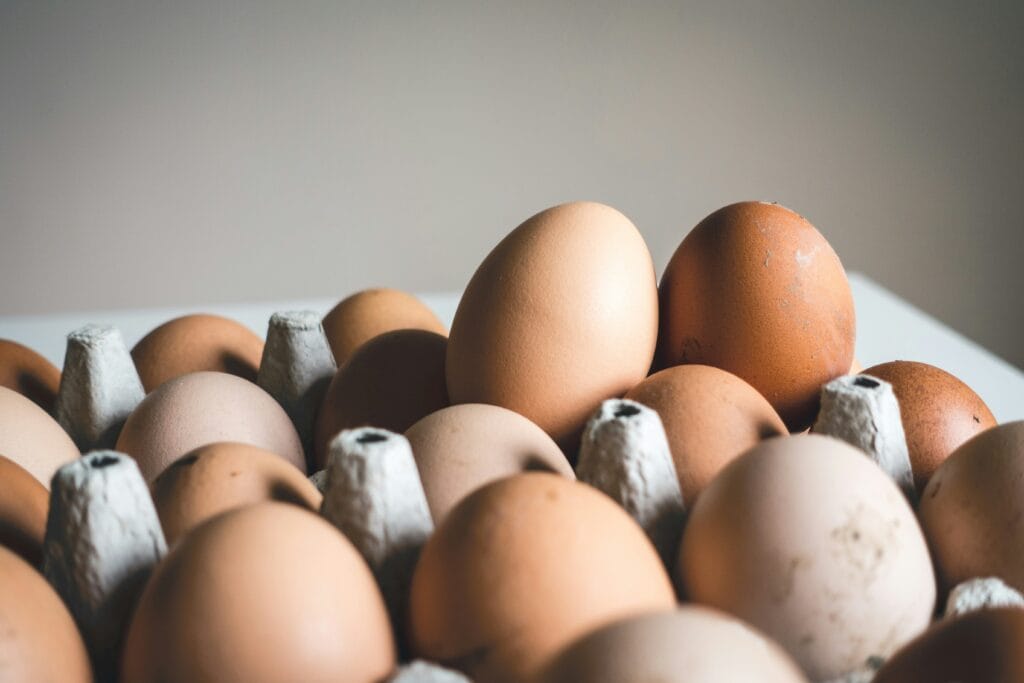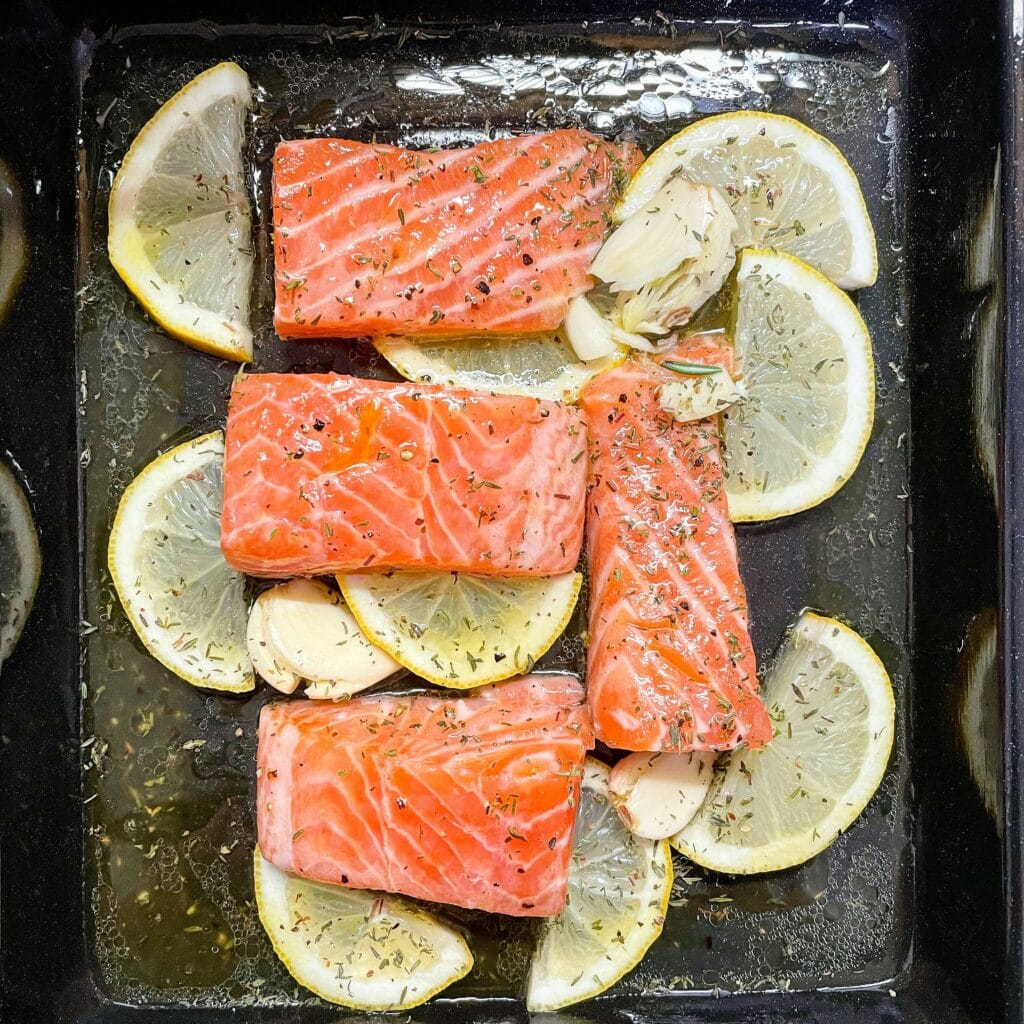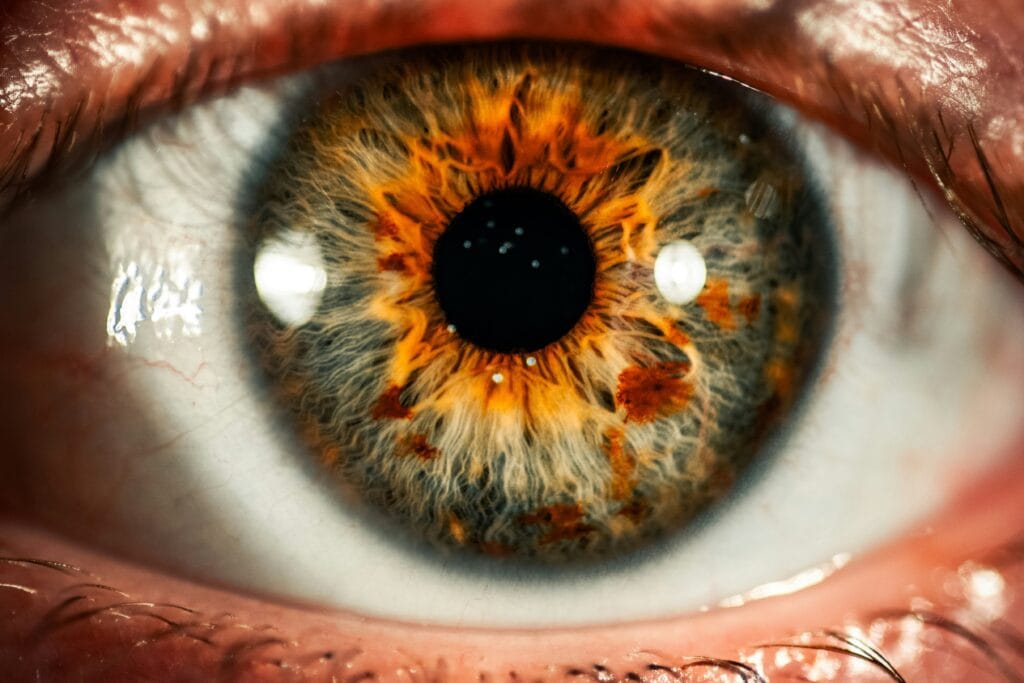*This article contains affiliate links*
We all know good food fuels our body and mind — but how often do we think about feeding our eyes? Healthy vision isn’t just a case of luck or genetics. What you eat every day plays a big role in how well your eyes perform and how they age.
Recent surveys show that many people still believe carrots are the number-one food for eyesight — yet the truth is far more colourful (literally). Your eyes need a mix of vitamins, minerals, and healthy fats to function at their best.

🥕 Beyond the carrot myth
Carrots contain beta-carotene, a form of vitamin A that helps with night vision — but it’s just one piece of a much bigger nutritional puzzle. Our eyes also rely on vitamin C, vitamin E, vitamin B2 (riboflavin), zinc, copper, and omega-3 DHA, plus three very special plant nutrients known as macular carotenoids: lutein, zeaxanthin, and meso-zeaxanthin.
These pigments help protect the macula — the central part of the retina that lets us see fine detail. The body can’t make them on its own, so we need to get them from food (or, when that’s tricky, from supplements).
🌈 The best foods for healthy eyes
🥬 Dark leafy greens – spinach, kale, and broccoli provide lutein and zeaxanthin.
🐟 Oily fish – salmon, mackerel, and sardines are packed with omega-3 DHA for retinal health.
🍊 Citrus fruits and berries – rich in vitamin C, they help keep tiny blood vessels in the eyes strong.
🥜 Nuts and seeds – deliver vitamin E to protect delicate eye tissues from oxidative stress.
🥚 Eggs – supply lutein, zeaxanthin and zinc in one easy source.
🥛 Dairy and fortified cereals – give a boost of riboflavin (vitamin B2), essential for maintaining normal vision.
Eating a variety of colours each day — the classic “eat the rainbow” advice — helps ensure you’re covering the full spectrum of eye-friendly nutrients.

👁️ Lifestyle habits that make a difference
- 💧 Hydrate – dehydration can cause dry, itchy eyes.
- 💻 Take screen breaks – look 20 metres away for 20 seconds every 20 minutes.
- 🕶️ Protect against UV – quality sunglasses shield against damaging UV rays.
- 🚭 Avoid smoking – it restricts oxygen flow to the retina.
- 🏃♀️ Keep active – exercise improves circulation to the eyes.
- 👓 Get regular eye tests – early detection really matters.
🧺 Eye-Health Shopping List
Next time you’re food shopping, try adding:
🟢 Kale • Spinach • Broccoli
🐠 Salmon • Sardines • Mackerel
🍓 Oranges • Blueberries • Kiwi
🥚 Eggs
🥜 Almonds • Sunflower seeds
🥛 Milk • Fortified cereal
🥕 Carrots • Sweet potatoes
If you’re vegetarian, vegan, or simply not a big fish-eater, consider a plant-based omega-3 source such as algal oil — it’s sustainable and rich in DHA, one of the fats the retina depends on.

💊 When food isn’t enough
Even with the best intentions, busy routines or dietary preferences can make it hard to hit every nutrient target. That’s where evidence-based supplements can help to bridge the gap.
The MacuShield® range was developed by eye-health experts to support the macula with a blend of the three key carotenoids — lutein, meso-zeaxanthin, and zeaxanthin — plus selected vitamins and minerals that contribute to the maintenance of normal vision.
- MacuShield® Original+ provides the core macular carotenoids alongside vitamin B2 (riboflavin).
- MacuShield® Gold adds vitamins C & E, zinc and copper — nutrients that protect cells from oxidative stress.
- MacuShield® Original+ Omega-3 combines the carotenoids with plant-based DHA from algal oil, perfect for vegetarians or anyone who eats little fish.
These formulas don’t replace a healthy diet, but they can be a convenient way to top up the nutrients your eyes rely on most.
🌍 The bigger picture
Our eyes are working constantly — focusing, adjusting and filtering light from morning to night. Giving them the nutrients they need is one of the simplest, most effective ways to protect our sight long-term.
So next time you’re planning your meals, think colour, variety and balance. Feed your eyes — because seeing the world clearly is something worth nourishing.


3 comments
A pinterest video download is an online tool that lets you copy the link of any Pinterest video, GIF, or image and save it instantly to your device. Whether you’re on mobile or desktop, the downloader works smoothly without requiring login or software installation.
Great post — the simple, practical tips about leafy greens and omega‑3s are easy to apply in family meals. I also found it handy to combine recipe photos and grocery lists into a single image using JPG Merger, no sign up needed and saves time when planning eye‑healthy menus.
Imagine stepping into a world where every click feels like an adventure—RoboCat Casino Unleashes Thrilling Bonuses & Games is exactly that kind of place. What really caught my attention first was the Bonus Offers and Promotions. From generous welcome packages to regular rewards, the platform knows how to keep players engaged and excited. It’s refreshing to see a gaming site that consistently provides value to both new and returning users https://magius-ca.com/.One thing I appreciate about this platform is the Game Selection and Software Providers. RoboCat collaborates with top-notch software developers, ensuring a smooth experience with high-quality graphics and innovative gameplay. Whether you enjoy fast-paced challenges or more strategic options, there’s something for everyone. The variety really makes it stand out compared to other online platforms I’ve tried.